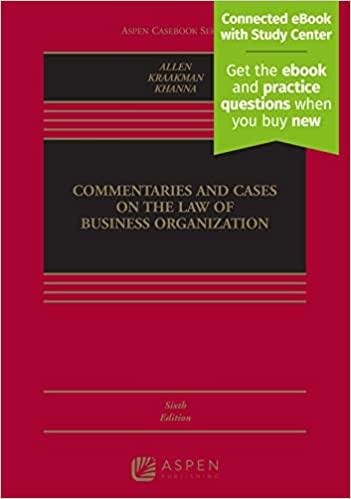Question
challenging questions This paper discusses the 'nationality effect' in the management of HRM by multinational companies (MNCs). After reviewing relevant literature in the institutionalist tradition
challenging questions
This paper discusses the 'nationality effect' in the management of HRM by multinational companies (MNCs). After reviewing relevant literature in the institutionalist tradition and on 'national business systems', it assesses the elements of national environments that are most likely to influence MNC behaviour. It explores the tensions arising between the requirements of 'globalized' operations and the characteristics MNCs have adopted from their home environment. It is suggested that MNCs respond to such tensions by adopting various adaptation strategies, the most important of which may be termed 'Anglo-Saxonization': a convergence of MNC behaviour around a model typical of highly internationalized British or US MNCs. The argument is illustrated by findings from two German case studies, one of a large manufacturer, the other of a major bank; evidence is found of the Anglo-Saxonization of international HRM in these companies, but it appears to be taking place in a distinctively German manner.c8110
Question 1
What is favism?
Question 2
What is the haemoglobin content of reticulocytes and how can this be
measured or determined?
Question 3
We are told that an erythrocyte sedimentation rate (ESR) above
100 mm/h has a limited differential diagnosis, mainly vasculitis,
malignancy and granulomatous diseases. Could you explain whether
that applies to an ESR after one hour or two?
Question 4
What causes a raised erythrocyte sedimentation rate (ESR)?
Question 5
What are the causes of very raised erythrocyte sedimentation rate (ESR)?
I mean an ESR 100 mm/h. Is this test diagnostic in any disease besides
polymyalgia rheumatica and giant cell arteritis?
Question 6
1. Does the erythrocyte sedimentation rate (ESR) rise with age?
2. Can an ESR of 50 mm/h in an 80-year-old female with no evidence of
systemic disease be considered normal?
Question 7
1. What is a 'normal' erythrocyte sedimentation rate (ESR)? Is the
equation of a normal ESRage
10, correct?2. Would a normal ESR exclude a vasculitic cause in the case of stroke? 65
Question 8
In which conditions is C-reactive protein (CRP) more informative than
the erythrocyte sedimentation rate (ESR)?
Question 9
What is the management of an isolated high ferritin (without any signs,
symptoms or changes in the other blood investigations)?
Question 10
Is the mean corpuscular volume (MCV) useful? What is the RDW and
when is it used?
Step by Step Solution
There are 3 Steps involved in it
Step: 1

Get Instant Access to Expert-Tailored Solutions
See step-by-step solutions with expert insights and AI powered tools for academic success
Step: 2

Step: 3

Ace Your Homework with AI
Get the answers you need in no time with our AI-driven, step-by-step assistance
Get Started


